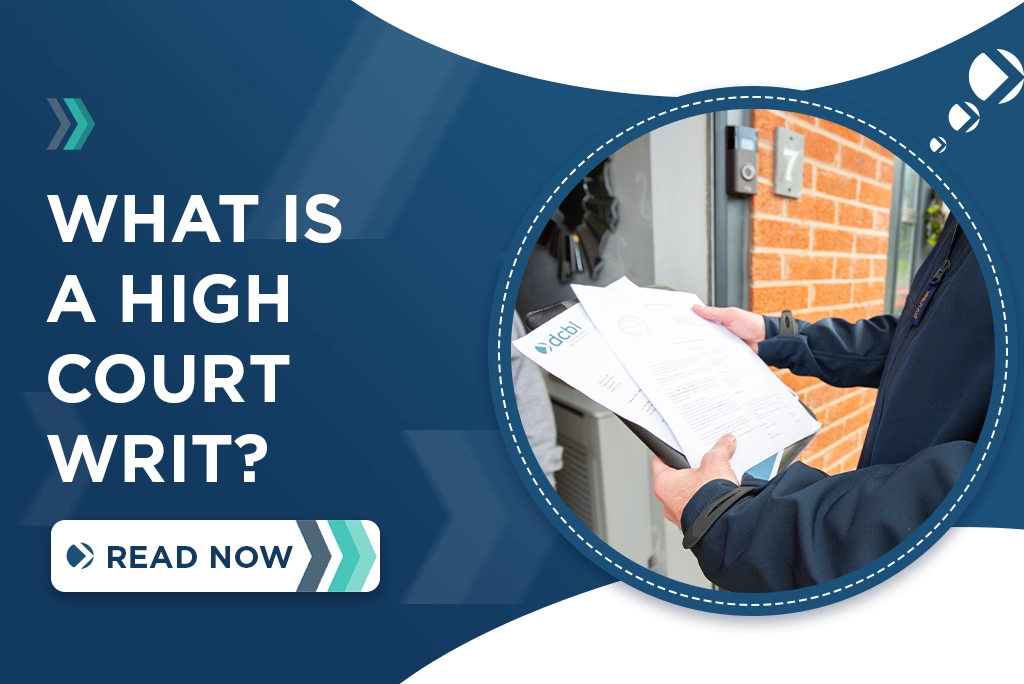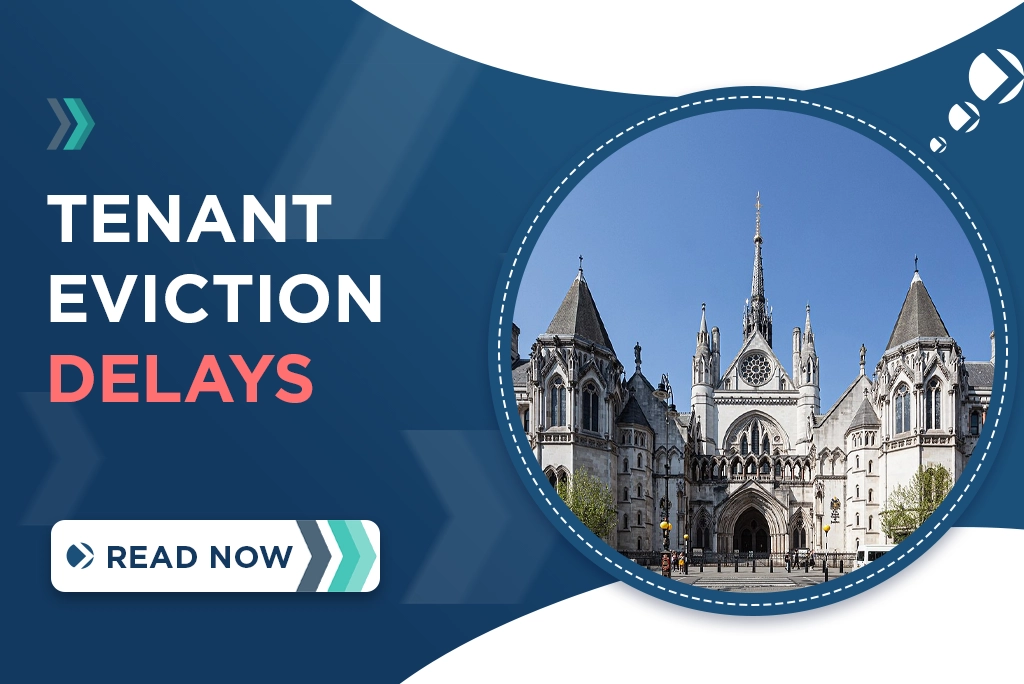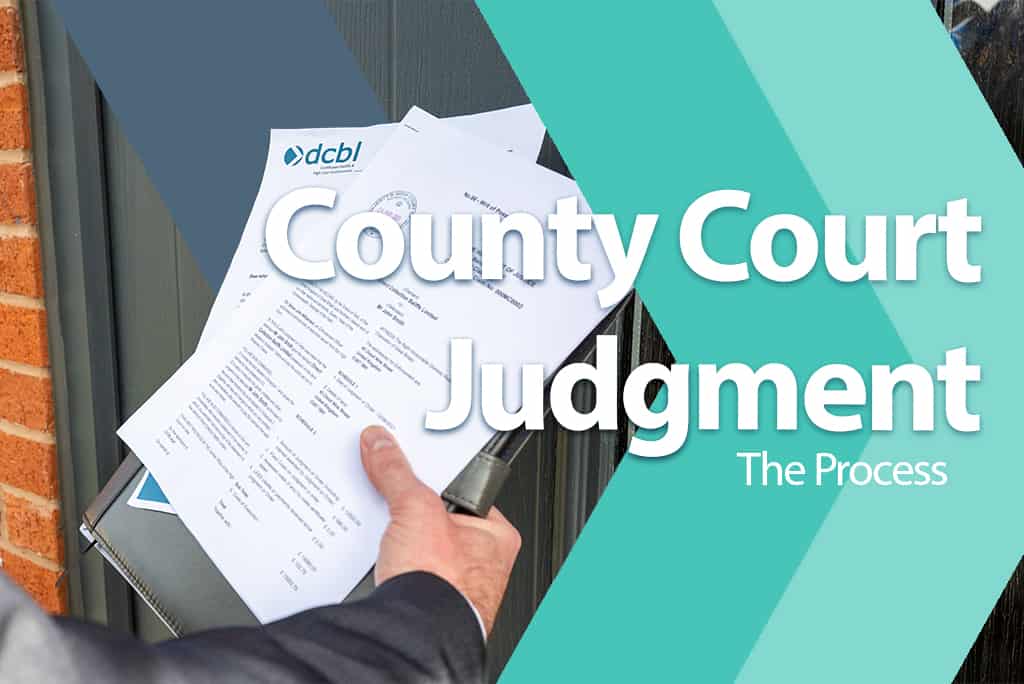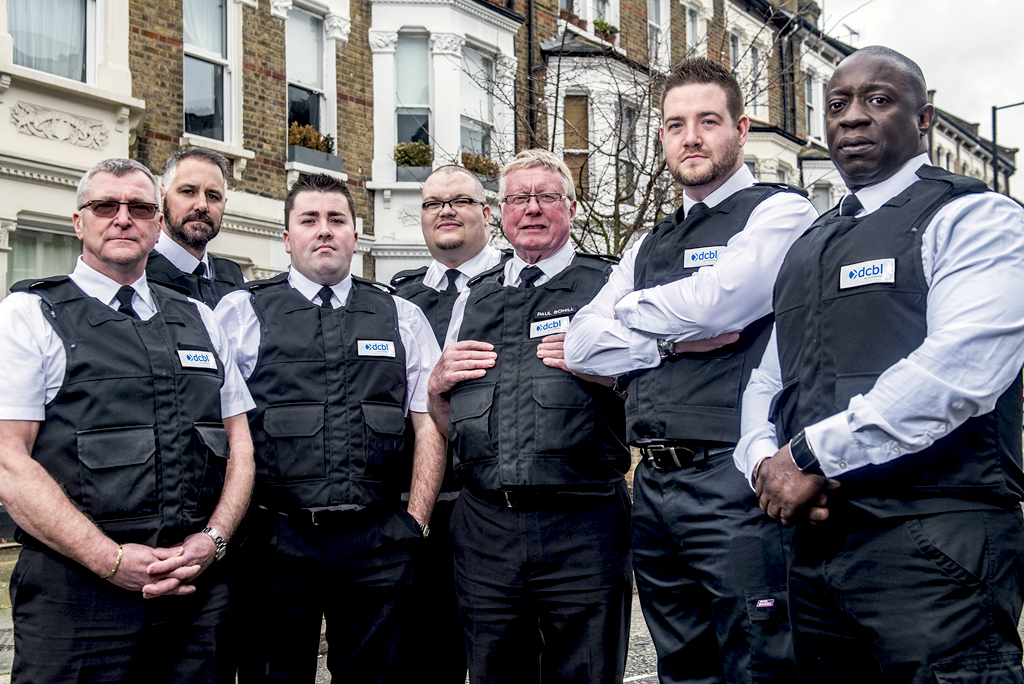
What Is a High Court Writ and How Can DCBL Execute One?
2nd August 2023
What is a High Court Writ? How to execute a High Court Writ? These are questions that many individuals will ask when navigating the difficult legal landscape.
In its plainest sense, a High Court Writ is a powerful instrument an agency will use to enforce a judgment or court order.
When an individual or a company owes you money or fails to comply with a court decision, obtaining a notice of enforcement allows you to take decisive action to recover the debt or secure the outcome of your legal case.
We explain the key information related to High Court Writs and delve into how DCBL can assist you in navigating this process.
What Is a High Court Writ of Control?
A High Court Writ, also known as a Writ of Control or a Writ of Execution, is a formal written order issued by the High Court of England and Wales.
It empowers a certified High Court Enforcement Officer (HCEO) to take certain actions to enforce a county court judgment or county court order against a debtor.
This means the high court bailiff can take control of the debtor’s assets and sell them at auction to recover the owed money or carry out other court-authorized actions to fulfil the court order.
High Court Writs are commonly used in cases involving unpaid debts, including outstanding commercial invoices, personal loans, and unpaid rent arrears.
They are utilised to enforce possession orders in property-related disputes and to execute judgments requiring specific actions by the debtor.
How Can DCBL Help You With a High Court Writ?
DCBL have over 20 years of experience in debt collection and high court enforcement. Every year, we recover millions of pounds worth of unpaid debts for our clients.
We provide ethical and effective debt solutions to ensure that your debtor repays the debt that they owe to you. We can help with recovering the money owed and execution of the writ.
You are in safe hands by choosing us! We help thousands of individuals and businesses across the UK every year in recovering remaining unpaid debts.
Expertise and Experience:
DCBL employ trained professionals who are well-versed in the enforcement of judgments and the various types of enforcement.
Our specialists understand the laws governing High Court Writs and how best to result in your debtor paying the debt. Furthermore, they possess the necessary expertise to navigate the complexities of court and enforcement.
Many clients that we have worked with over the years have requested debt advice regarding a notice of enforcement for a court judgment and how to execute this.
A writ of control does not have to feel like a difficult process to undertake, which is why we are trusted across the industry to help.
Pre-Enforcement Assessment:
Before proceeding with the enforcement process, we will thoroughly assess the debtor’s circumstances and assets.
If an individual or company cannot afford to pay, there may be a genuine reason to consider.
This evaluation helps determine the most effective course of action and ensures that the enforcement process complies with the law.
We are extremely mindful to ensure that the service provided by all operatives at DCBL is ethical and effective.
Attempting Communication and Payment Arrangements:
Sometimes, our officers may initially attempt to communicate with the debtor and negotiate a suitable payment arrangement.
This approach aims to encourage voluntary compliance and reach an amicable resolution without resorting to the sale of assets.
Some debtors may choose not to pay, so it is best to initiate a conversation to assess their intentions.
Should they refuse to create an arrangement to pay or a payment plan when we make contact, we can then look into enforcing the judgment.
Seizure of Assets:
Should the debtor fail to comply or make suitable payment arrangements to pay off the debt, the DCBL High Court Enforcement Officer will execute the court writ of control by seizing the debtor’s assets.
These assets may include vehicles, valuable items, machinery, or any other valuable possession that can satisfy the outstanding debt.
Sale and Disposal:
Once we take control of the assets, the sale proceeds will cover the outstanding debt and any associated costs.
If necessary, the HCEO may also carry out a controlled goods agreement. This enables them to remove goods for sale later if the debtor fails to pay.
Fast and Effective Resolution for Recovering the Money Owed:
One of the main advantages of utilising HCEAs for enforcing the judgment is the speed at which they can act.
When you contact DCBL for debt advice, we immediately ensure a high chance that your debtor will repay the debt.
Regardless of how or why your debtor owes the money, we can act in various ways. This includes Commercial Rent Arrears Recovery, Residential Possession and Money Order Judgments etc.
An expert enforcement agent from DCBL can execute Writs quickly. This will provide a more efficient and effective means of recovering debts and enforcing court orders.
How to Execute a High Court Writ Through DCBL
In conclusion, using specialist debt collection and high court enforcement experts at DCBL is the best way to get your debtor to pay off the debt.
When faced with a debtor who refuses to comply with a court decision or owes you remaining unpaid invoices, we can prove to be invaluable in navigating the enforcement process.
Thousands of individuals and businesses require debt solutions every year for different types of enforcement – DCBL is the only choice.
With our 20+ years of expertise and experience, we can help you secure money from those not paying the debt owed to you and ensure the enforcement of county court orders in a timely and efficient manner.
Hopefully, you now have details on what is a high court writ and how to execute a high court writ.
Click here to get in contact with our high court enforcement specialists.









